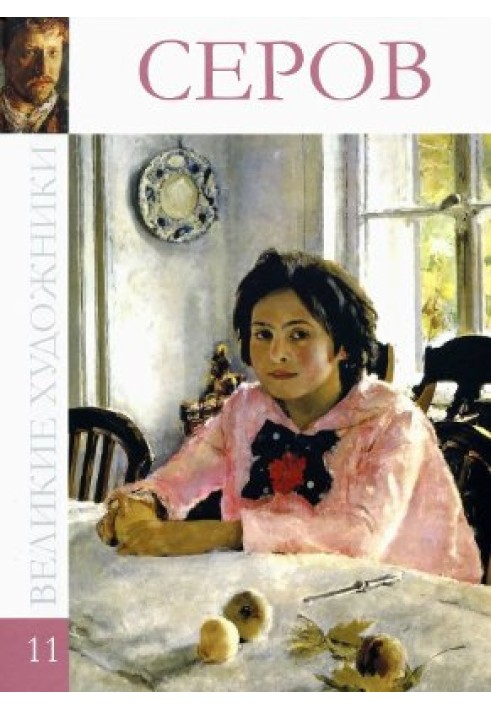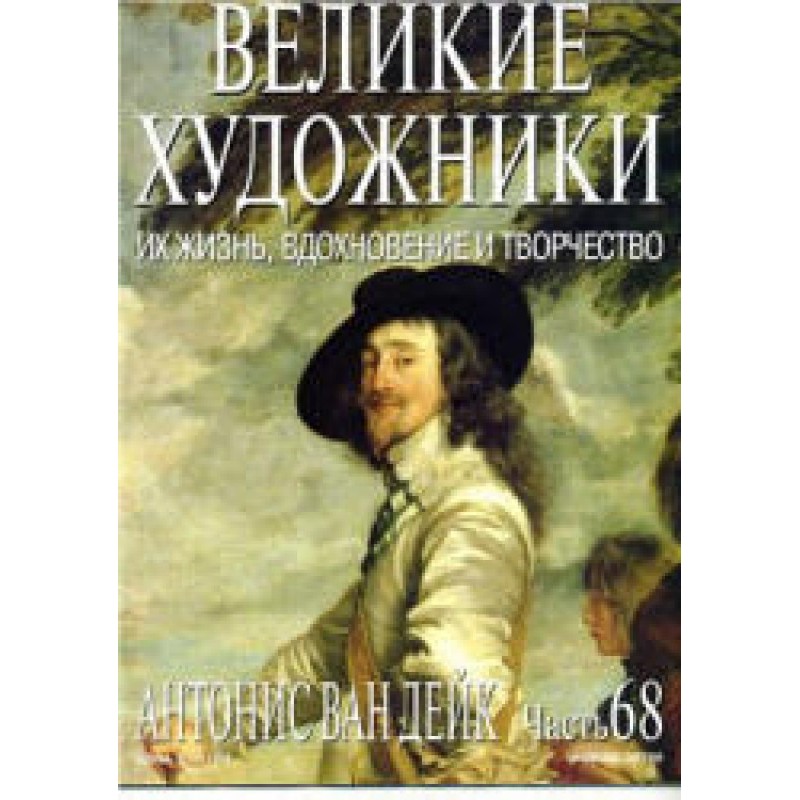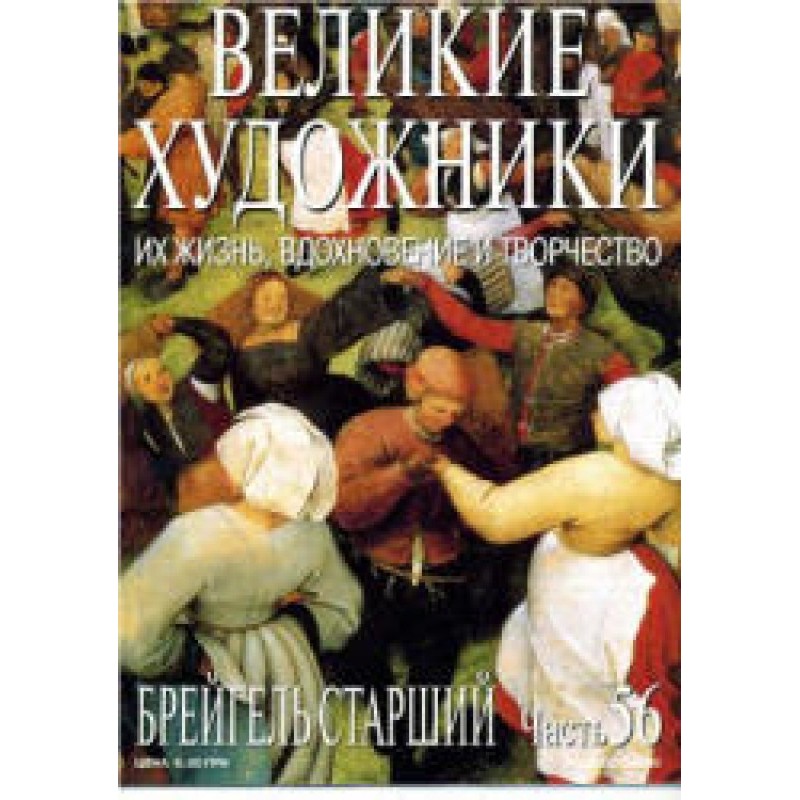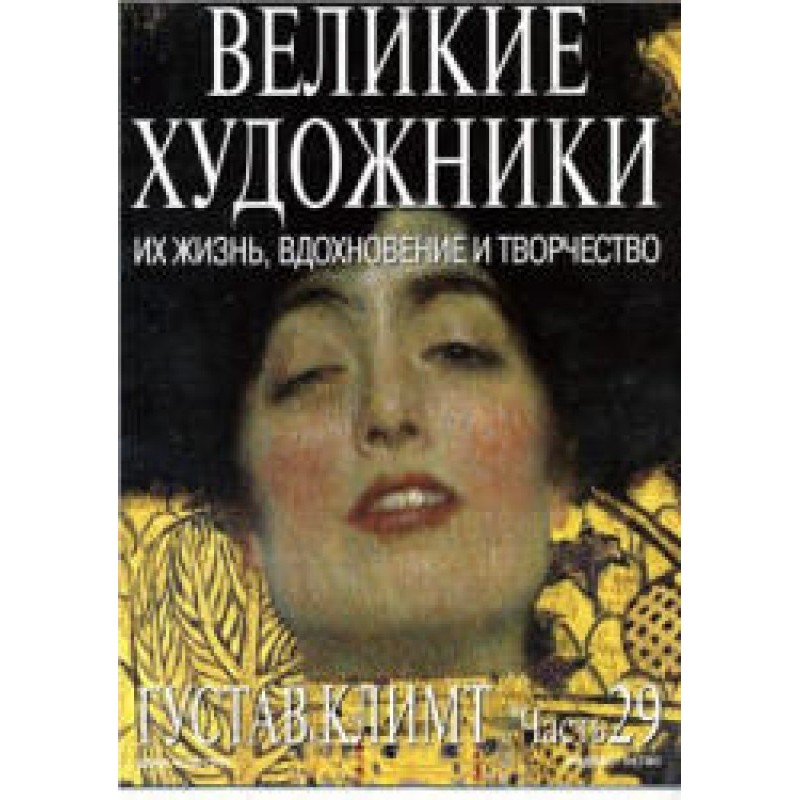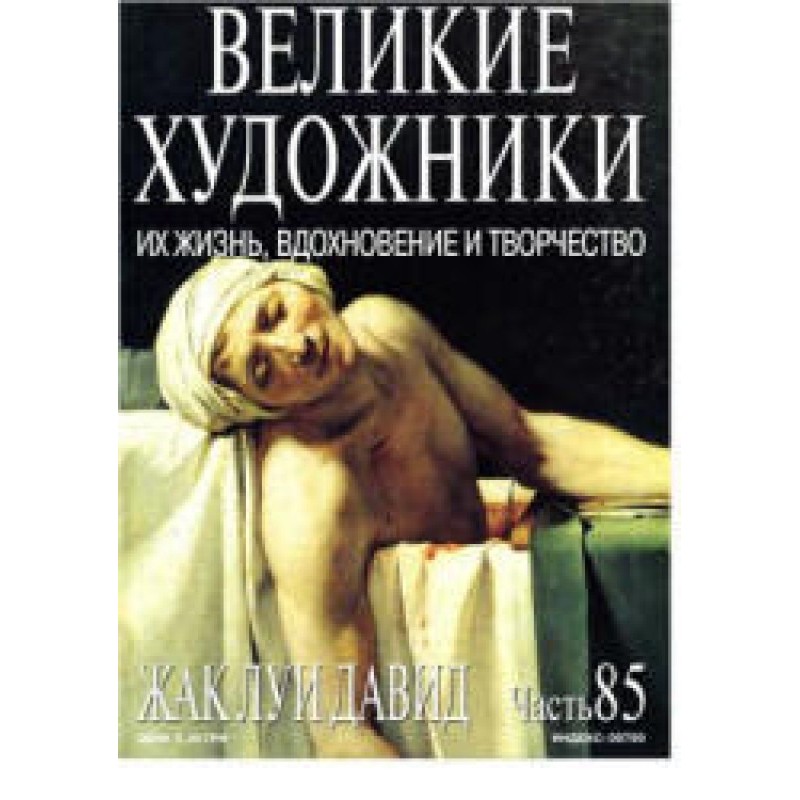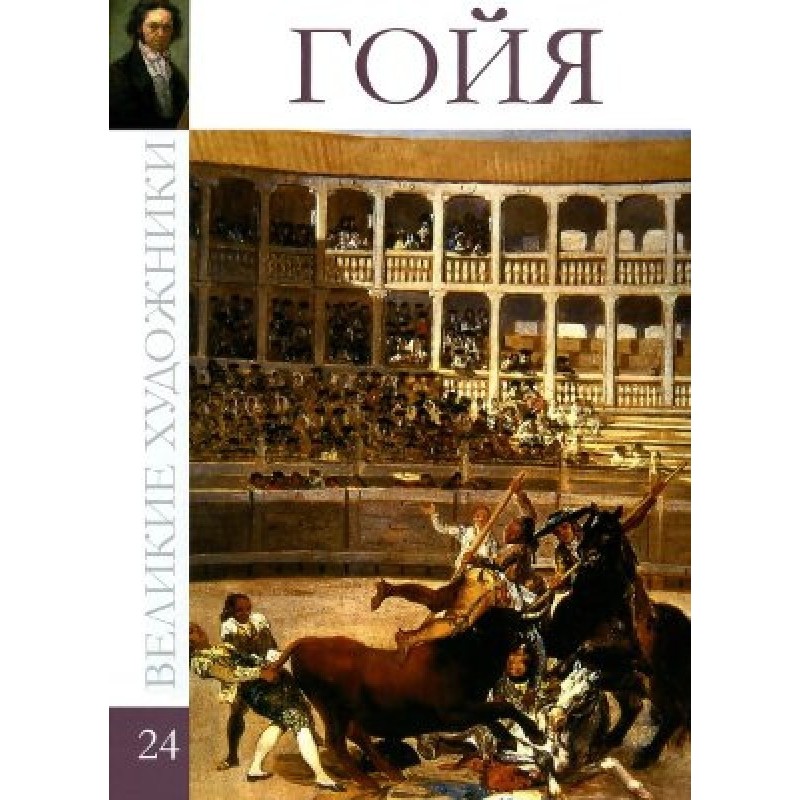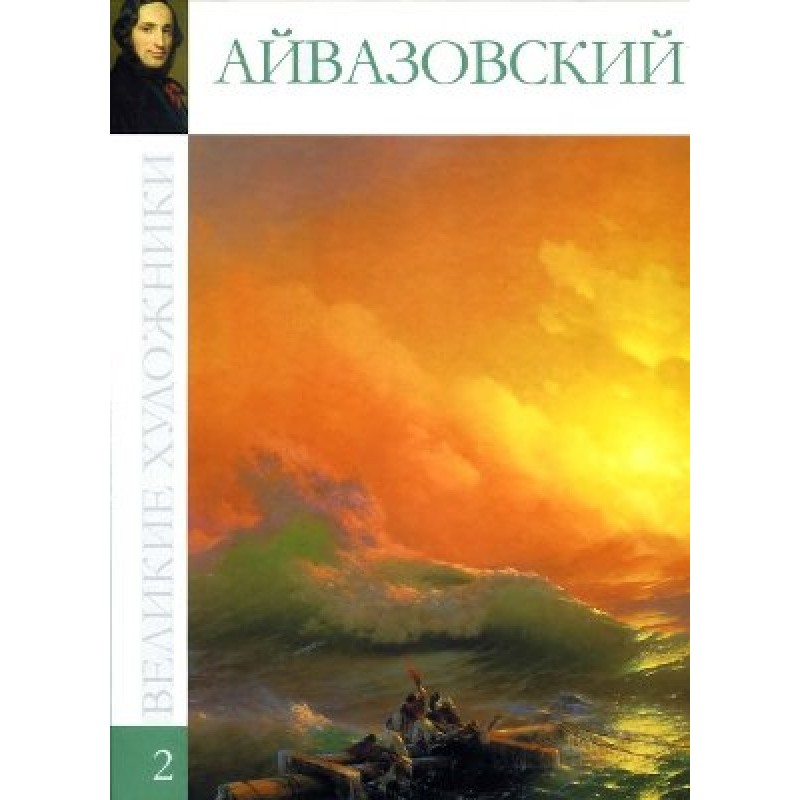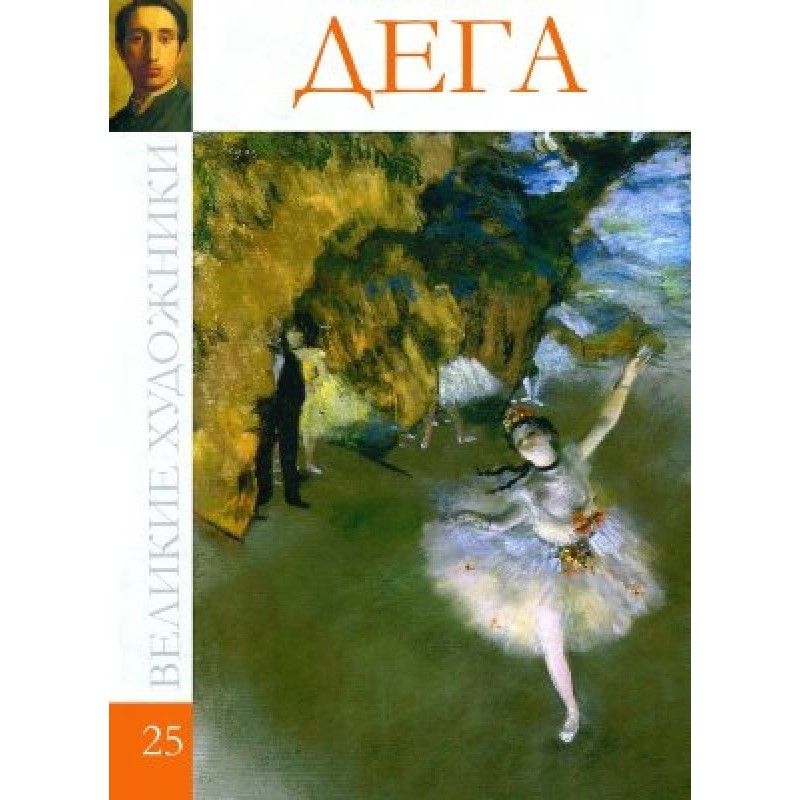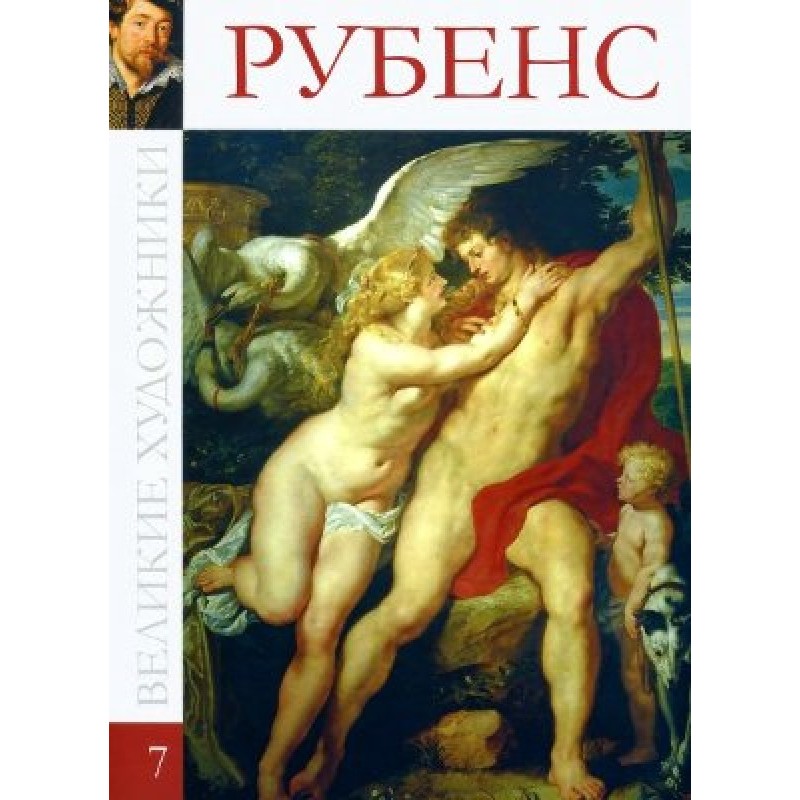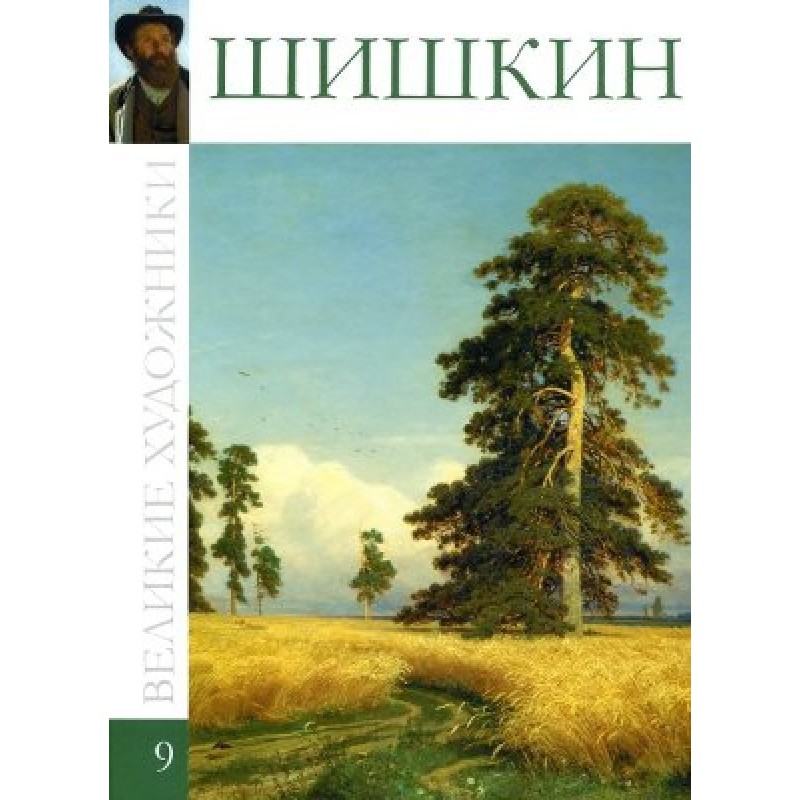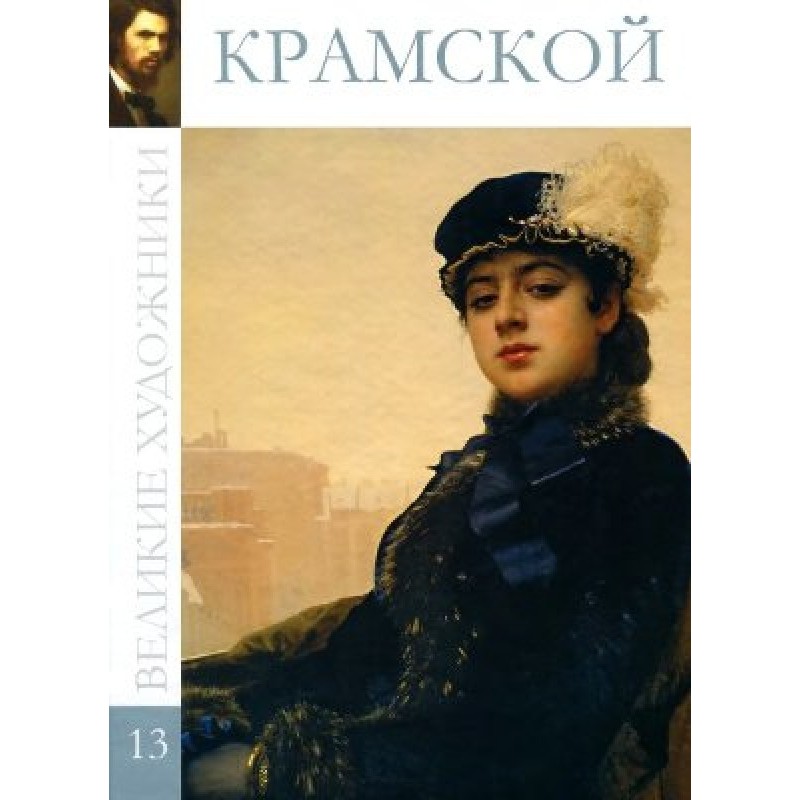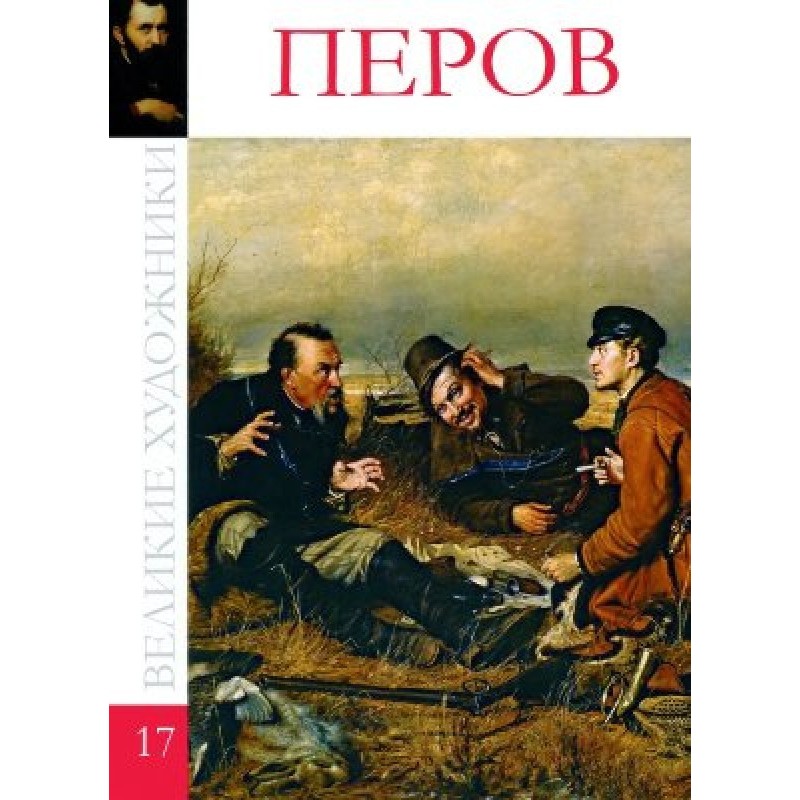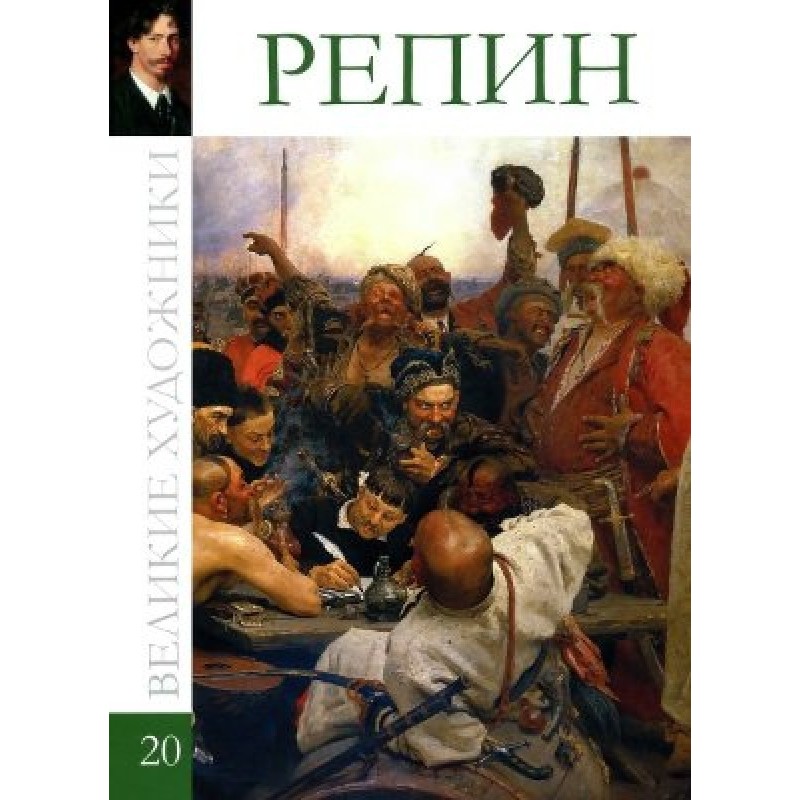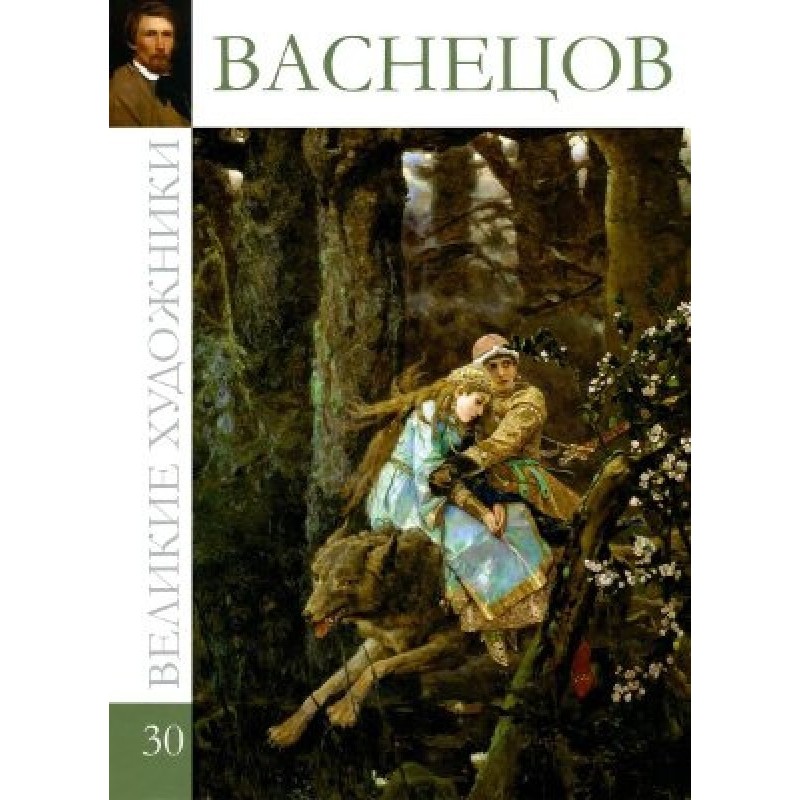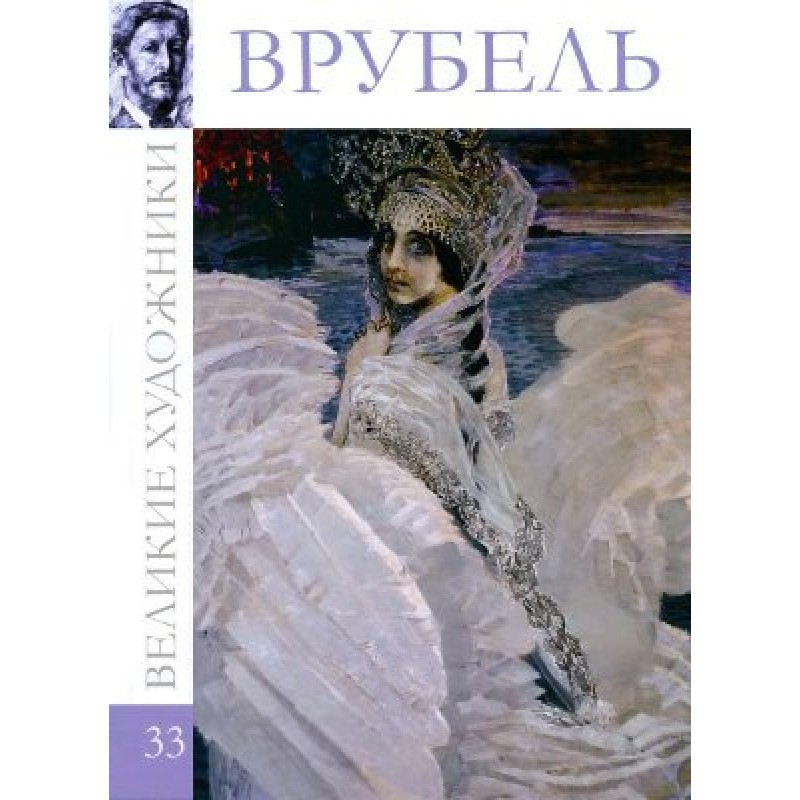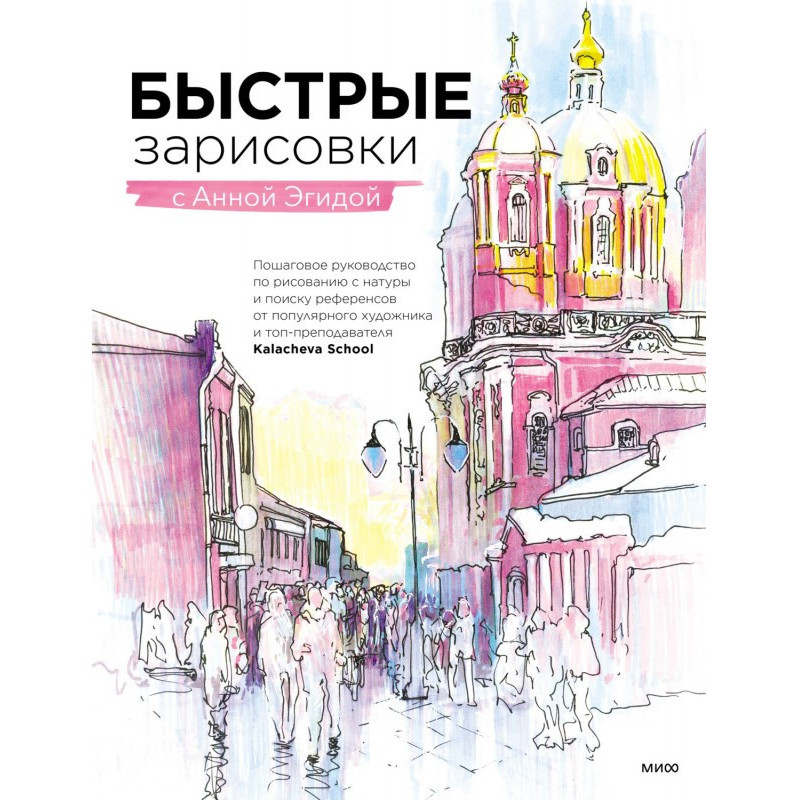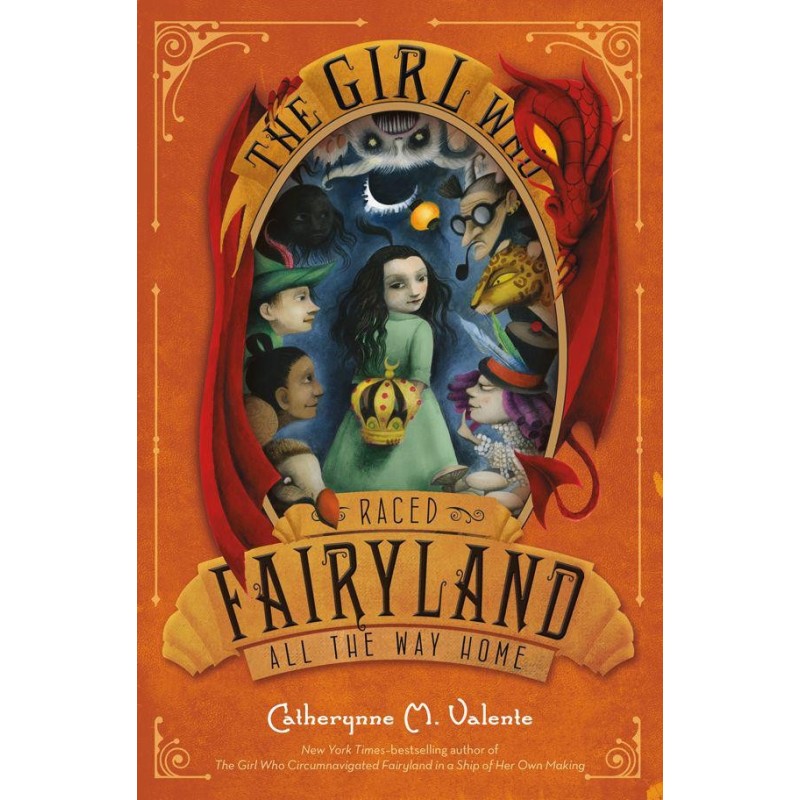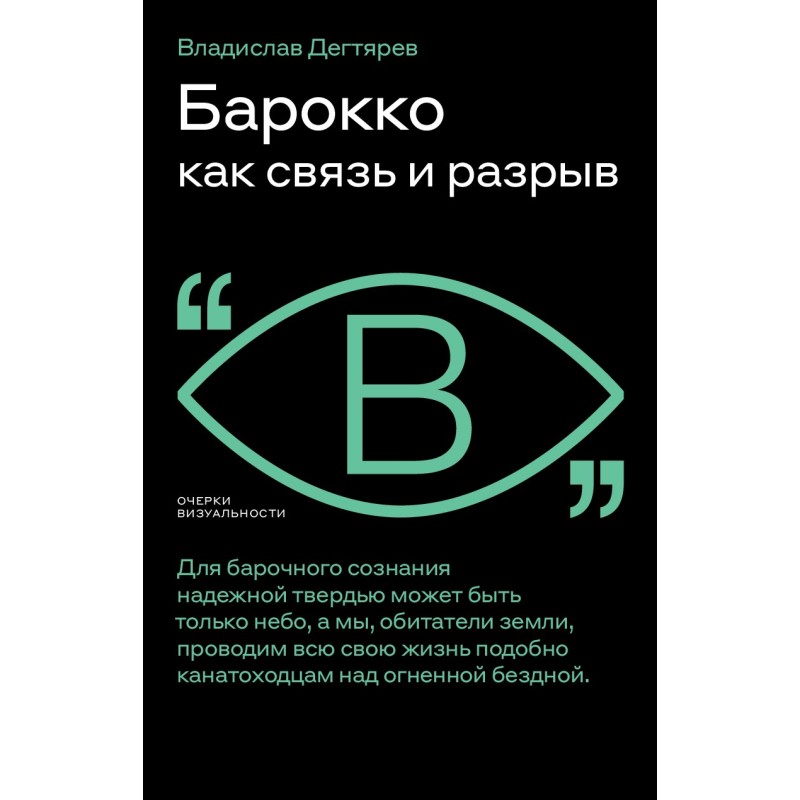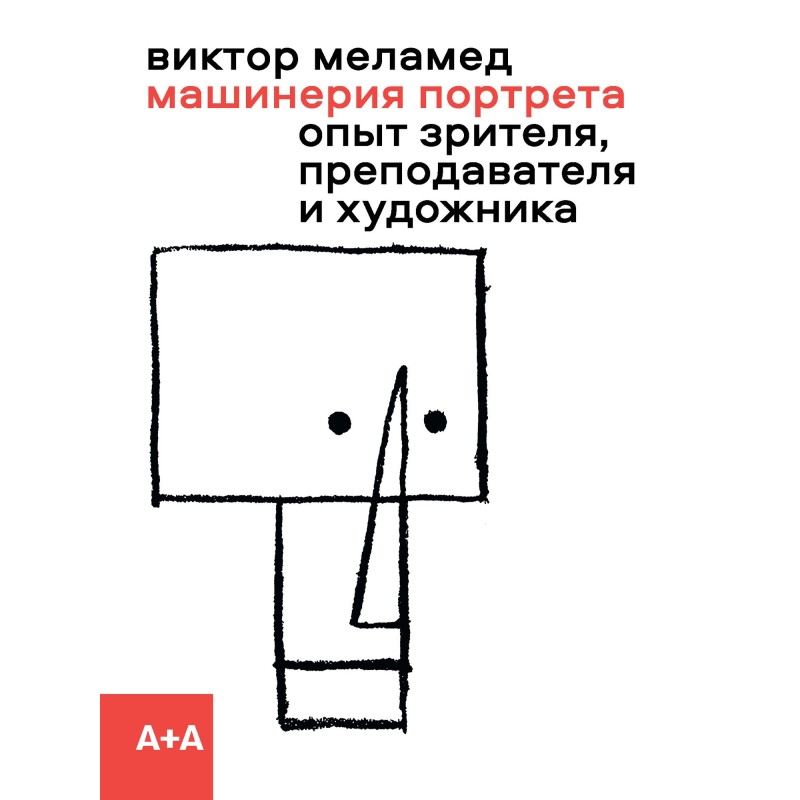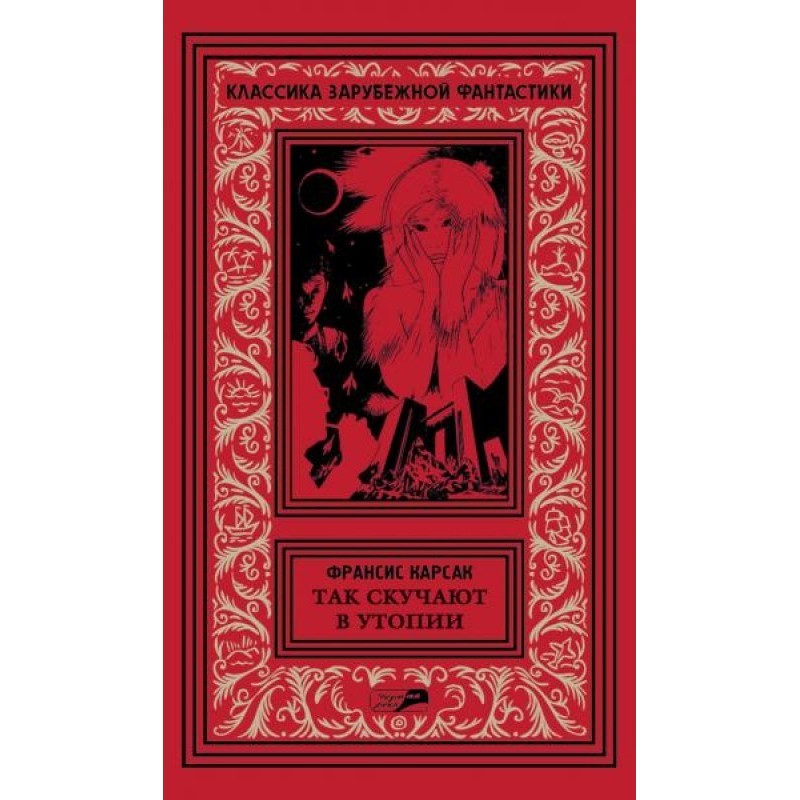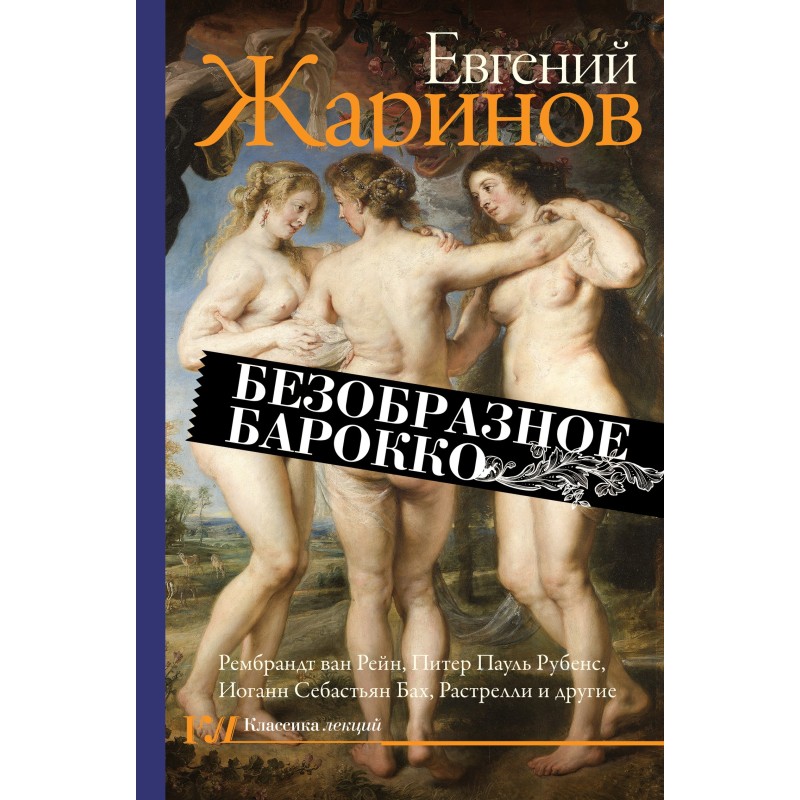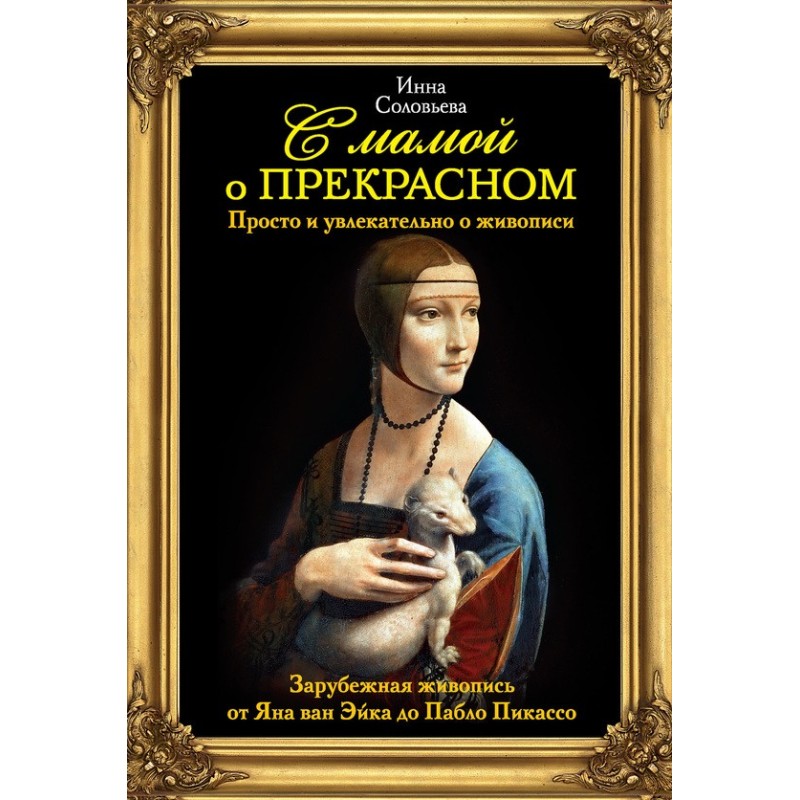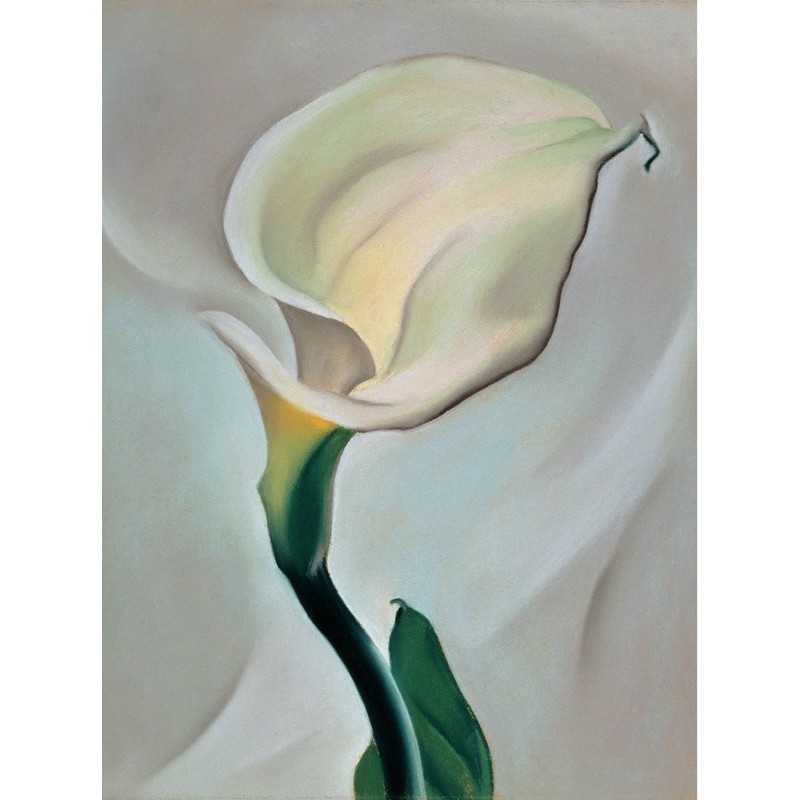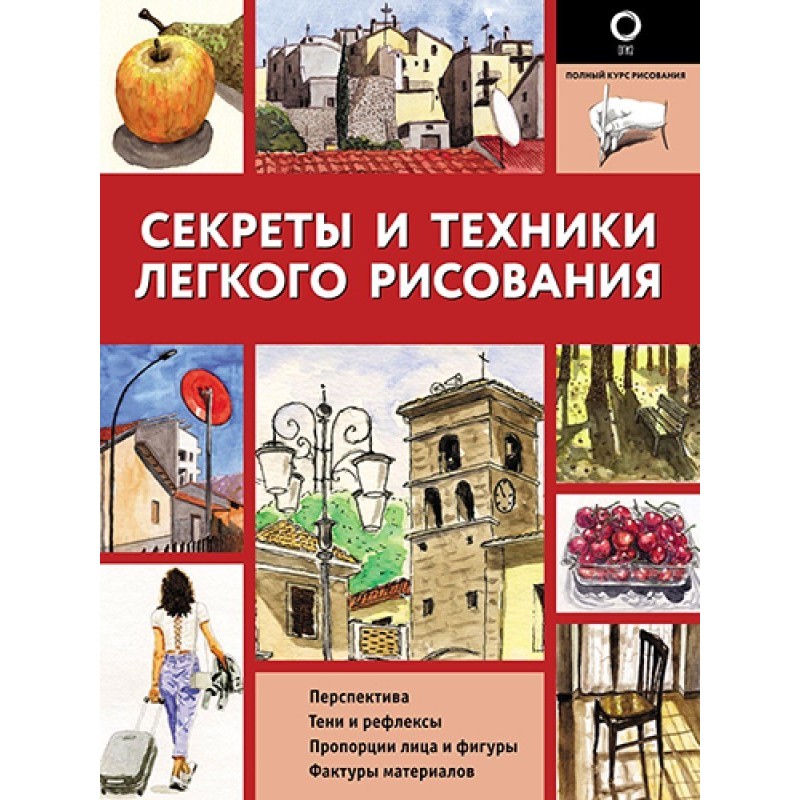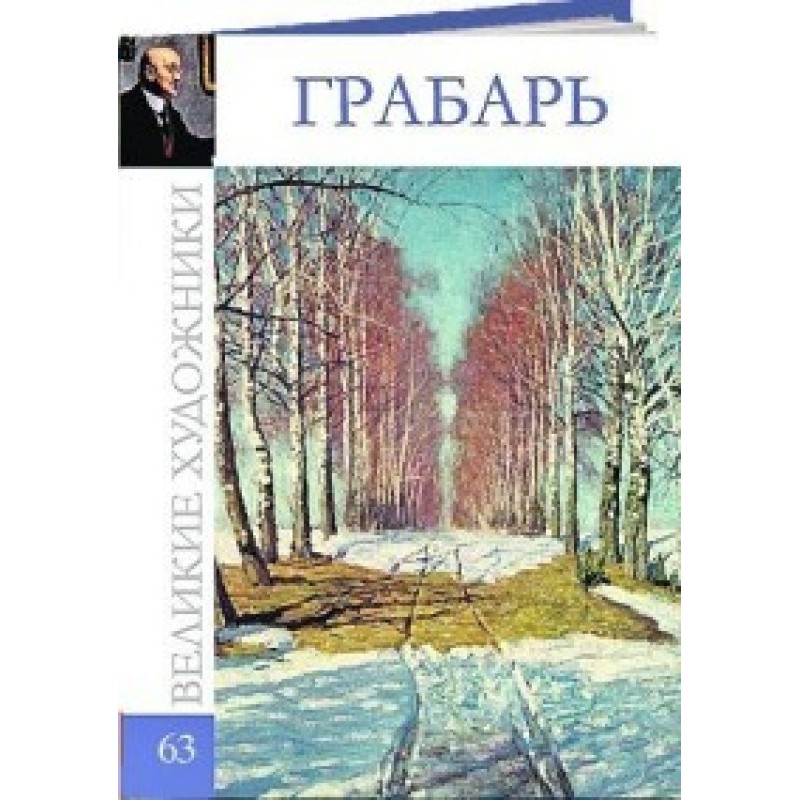Serov
 Instant download
Instant download
after payment (24/7)
 Wide range of formats
Wide range of formats
(for all gadgets)
 Full book
Full book
(including for Apple and Android)
“Great Artists” - a collection about outstanding masters of painting. The book series contains more than 50 illustrations, an “exquisitely written” biography of the artist and the history of the creation of the paintings. The album is dedicated to the work of Serov.
Valentin Aleksandrovich Serov (1865-1911) is rightfully considered one of the brightest Russian painters of the Silver Age. An artist of unique talent and equally uniquely versatile, he brilliantly mastered all painting techniques and had almost photographic vision. A keen eye and precise hand allowed Serov to instantly capture the color, shape, and mood of nature and convey them with amazing authenticity. The artist’s life passed in a continuous search for new directions and solutions in the fine arts. His work masterfully and artistically expressed practically all the most important aspirations of Russian painting and graphics (primarily the tendency towards impressionism and modernism) on the eve of the avant-garde. He did not want to repeat successfully found techniques and methods; he always strived for everything new and not yet tried. The variety of his creative roles extends from a painter of rural idylls to a high-society portrait painter. The versatility of painting techniques includes all types of paints that existed at that time. The poet Valery Bryusov wrote about Serov’s brilliant skill: “He entered the area that belongs to painting as if it were his own kingdom.” Serov’s first significant works (“Girl with Peaches”, “Girl Illuminated by the Sun”) were a new stage in the history of Russian art. He achieved his goal - a feeling of “freshness, that special freshness that always you feel in nature and don’t see in paintings” (as he later told I.E. Grabar), embodying the principles of impressionism in these images of youth, light, and joy. Serov quickly became one of the best portrait painters in Russia, shrewdly sharpening the most characteristic features of the model and achieving the utmost vividness of the light-air and color environment. These are “A. Masini" "K. A. Korovin", "F. Tamagno", "N. S. Leskov", "Mika Morozov"). A special chapter is made up of the works of the “village Serov”: sketches and paintings with rural landscapes and genres (“Overgrown Pond. Domotkanovo”, “In Winter”, “In the Village. Woman with a Horse”). The finest craftsmanship, growing over the years, is organically combined here with the simplicity of the motive, also increasing, so that in the end the modest, gray everyday life of nature and man turns out to be the embodiment of Art as such. At the turn of the century, Serov became the best Russian master of secular and court portraits. The exquisite elegance of color and plasticity wonderfully convey in these images (“Grand Duke Pavel Alexandrovich”, “Count F. F. Sumarokov-Elston, later Prince Yusupov”) the brilliance and proud isolation of this aristocratic world. In 1900, he painted a portrait of Nicholas II (the autocrat, dressed in the jacket of the Preobrazhensky Regiment, is presented here modestly, almost at home), which is usually considered the best image of the last Russian emperor. Serov actively worked on illustrations for books about the Russian past, which turned into an independent cycle, where the central place was occupied by the figure of Peter I, captured surprisingly sharply and expressively. In the 1900s, Serov's skill as a portrait painter reaches its climax. In the images he created, a great Art Nouveau style reigns: the cult of a strong line, catchy, monumental gesture and pose (“M. N. Ermolova”, “F. I. Chaliapin”, “Ida Rubinstein”). Painting and graphics in these works compete with each other on equal terms, although in some cases (for example, in the portrait of I. A. Morozov) strong color effects dominate.
Data sheet
- Name of the Author
- Автор Неизвестен -- Искусство
- Language
- Russian
Reviews
Вражаюча подорож у світ живопису!
Книга "Сєров" з серії "Великі художники" - це не просто альбом, а справжня енциклопедія творчості одного з найяскравіших представників російського живопису. Вона вражає своїми ілюстраціями, які дозволяють читачеві зануритися в атмосферу епохи та відчути емоції, які передавалися через полотна Сєрова. Біографія художника написана вичерпно і захоплююче, що дозволяє краще зрозуміти його творчий шлях та пошуки. Особливо вразили розділи, присвячені його портретам, адже Сєров дійсно вмів передати характер і настрій своїх моделей з неймовірною точністю. Книга також чудово ілюструє різноманітність його творчості, від сільських пейзажів до елегантних портретів аристократів. Це видання стане справжнім подарунком для всіх, хто цінує мистецтво, і дозволить відкрити для себе нові грані таланту Сєрова. Рекомендую всім, хто хоче насолодитися красою живопису та дізнатися більше про видатних художників!

